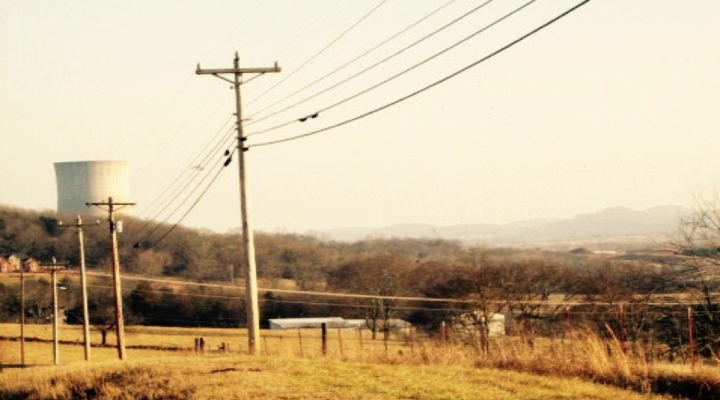Arcadia, Autumn 2015, no. 19
“Nuclear Ghosts” explores the history of the Tennessee Valley Authority’s failed nuclear power project in rural Tennessee, the enviro-technological controversy the plant generated, and why nuclear power was seen as a threat not only to lives but also a way of life, one intimately connected to the American South’s culture and environment.
